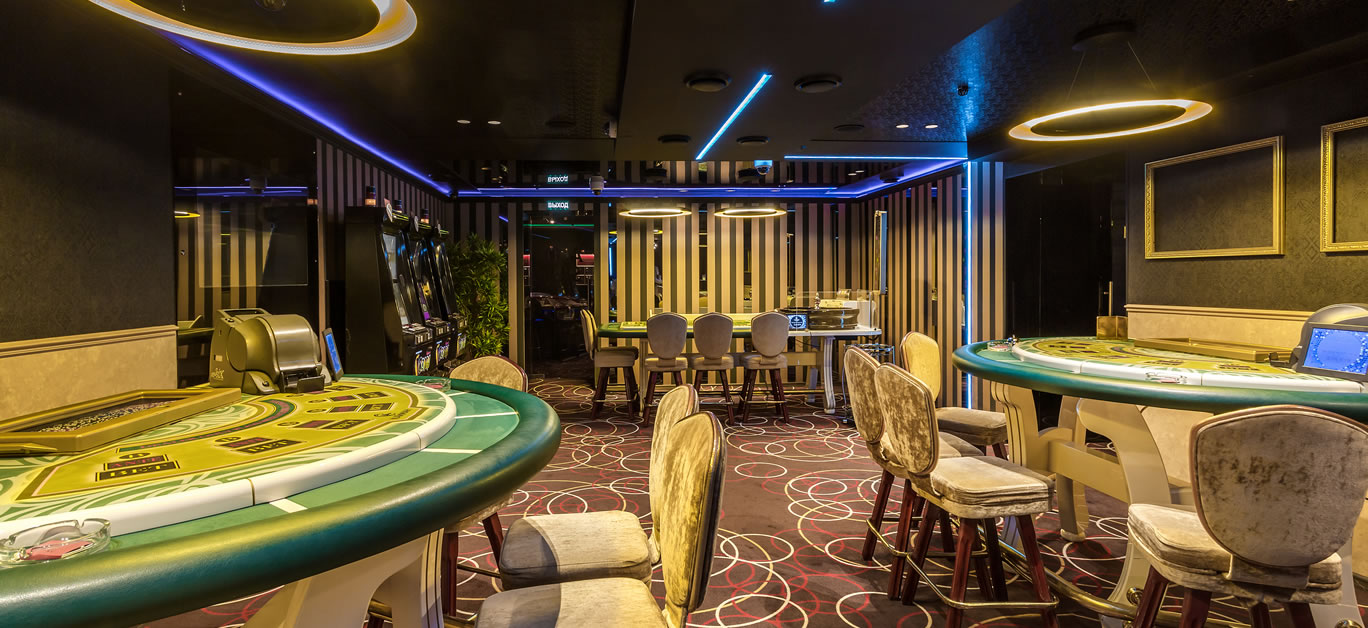Casino experiences have long captured the interest of humans around the planet, becoming an essential part of both leisure and society. From the glimmering lights of Las Vegas to the immersive experience of online gaming, these experiences evoke thrill, danger, and sometimes even a sense of nostalgia. They are not just simply hobbies; they have woven themselves into the tapestry of human experience, influencing various aspects from cinema and songs to clothing and literature.
The charm of casino games goes beyond the gambling aspect, tapping into broader themes of luck, possibility, and psychology. As players convene around a gaming table or rotate the roulette wheel, they engage in an age-old ritual that resonates with our communal desire for thrill and uncertainty. This fascination has led to the rise of countless references in cinema, tracks, and gaming, showcasing how strongly entrenched these pastimes are in popular culture. Whether it is the high-stakes tension of a legendary robbery film or the colorful nightlife portrayed in music videos, casino games have carved out a substantial role that reflects our relationship with risk and reward.
Social Importance of Gambling Games
Casino activities have played a key role in cultural aspects throughout history. Stemming from old civilizations, forms of chance were often connected to ceremonies or gatherings. For instance, early forms of gambling can be traced back to historic China and the Roman Empire, where dice games and betting on results were common pastimes. These activities not only served as leisure but also as means of connecting people, facilitating relationships among people within societies.
As societies evolved, so did the complexity and organization of casino games. The establishment of official casinos in the 17th century, particularly in Italy, marked a major shift in how games were perceived and structured. With specific spaces for gambling, the casino became a social hub where patrons from different backgrounds convened. This change contributed to the validation of gambling, transforming it from a mere pastime into an established industry that shaped the economy and policy.
The effect of casino games on popular culture cannot be understated. Cẩm nang cá cược As they were popularized in literature and film, games such as poker and 21 became icons of risk, chance, and strategy. Iconic characters and narratives have developed around these activities, reflecting societal attitudes towards luck, prosperity, and immorality. This fascination with gambling games has permeated various forms of media, cementing their place in the public imagination and connecting them to broader cultural stories throughout history.
Representation of Casino Games in Entertainment
Gambling games have long been a popular topic in different types of entertainment, reflecting both the fascination and nuances of the world of gambling. Films such as Ocean’s Eleven and Casino Royale portray figures who navigate dangerous scenarios, showcasing not only the attractiveness of the gambling environment but also the tactics and judgments that come with playing popular games like poker and blackjack. These movies often dramatize the exhilaration of winning and the potential repercussions of losing, encapsulating the dangers involved in betting.
Television shows have also explored the universe of gambling activities, often integrating them into the storyline as a backdrop for story progression and tension. Shows like Vegas depict the experiences of gambling employees and patrons, highlighting the vibrant, often tumultuous energy of the casino floor. Docuseries featuring high-stakes betting contests further emphasize the attraction of casino games, drawing viewers into the tension and planning involved in each session. Through these depictions, media not only engages but also stimulates conversations about fortune, expertise, and the character of randomness.
Video games have increasingly incorporated casino games into their structure, allowing players to experience the thrill of gambling without financial risk. Games within the realm of online gaming often include virtual slots, online poker, and other casino favorites, creating an interactive experience that mirrors traditional gambling. These digital representations make casino games accessible to a worldwide viewer base, appealing to both gamblers and those who enjoy the excitement of simulation. As a result, the portrayal of casino games in media continues to shape societal views and importance, highlighting their role in entertainment and the cultural landscape.
Effect of Gambling Activities on Society
Casino games have a meaningful effect on communities, influencing various aspects of culture and interpersonal behavior. They often serve as a platform for community engagement, where people gather to experience a common activity. Game nights with friends or trips to casinos become social activities that build connections and create shared moments. This collective aspect boosts the entertainment value of casino games, making them a popular choice for celebrations and recreational pursuits.

Additionally, casino games have been portrayed in numerous movies, TV series, and written works, shaping perceptions and attitudes towards gaming and gaming. Icons like James Bond competing in baccarat or the high-stakes poker scenes in films have cemented these games in the shared imagination. This representation often glamorizes the lifestyle associated with casino activities, drawing in new players and impacting trends in both style and behavior. These portrayals can spark curiosity and lead to a deeper investigation of the intricacies of gambling.
Nonetheless, there are also adverse implications associated with the widespread appeal of gambling activities. 99win The temptation of quick monetary gain can lead to gambling addiction and financial troubles for some people. Society must contend with these consequences, advocating for responsible gaming and awareness of the dangers involved. Finding a balance between the fun aspect of casino games with the risks is crucial to ensure that they continue to be a positive aspect of our cultural landscape.